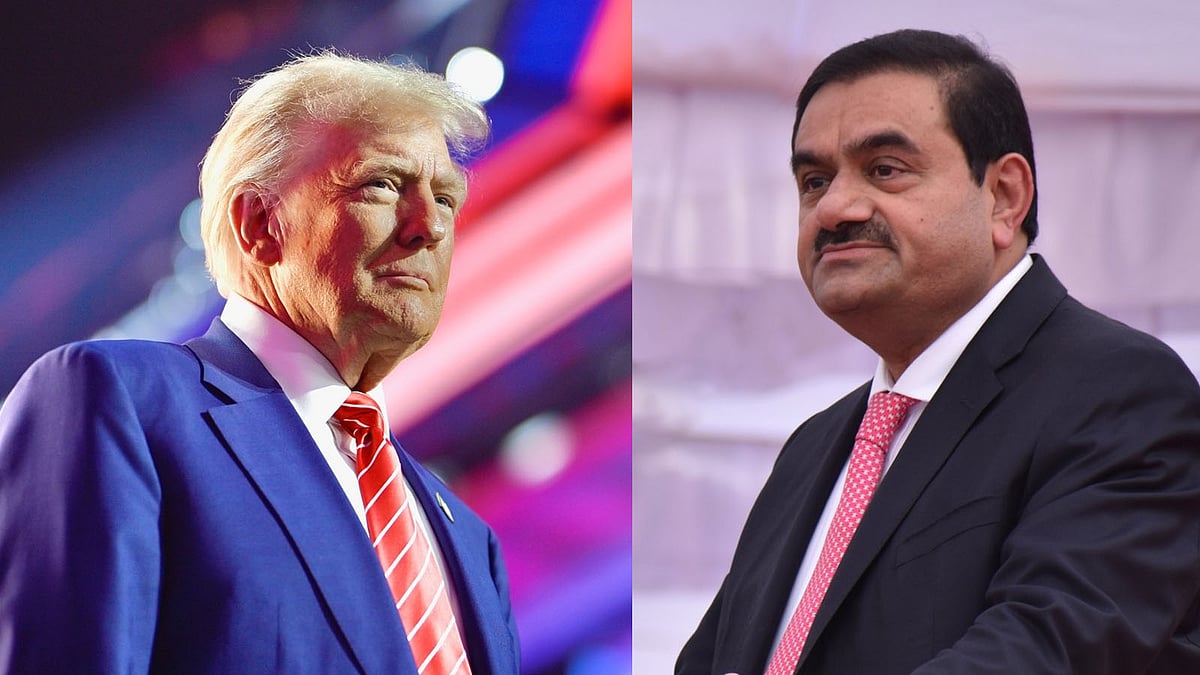 |
|
The recent announcement by President Trump to suspend the enforcement of the Foreign Corrupt Practices Act (FCPA) against Gautam Adani and his associates has sent shockwaves through the business world and raised significant questions about the implications for international anti-corruption efforts. The Adani Group, a sprawling conglomerate with interests in ports, power, and renewable energy, has been embroiled in controversy following an indictment by the US Department of Justice (DoJ) in November 2024. The indictment alleged a complex bribery scheme involving over $250 million in payments to Indian government officials to secure favorable solar energy contracts. The sheer scale of the alleged bribery, coupled with the involvement of high-ranking Adani executives, including Gautam Adani's nephew Sagar Adani, shocked observers and underscored the potential weaknesses in international regulatory oversight.
The DoJ indictment was far-reaching, encompassing charges of securities fraud, wire fraud, and violations of the FCPA. The FCPA, a landmark piece of legislation, prohibits US companies and individuals from bribing foreign officials to obtain or retain business. The Adani case, with its alleged involvement of substantial sums of money and its potential impact on US-India relations, was seen as a test of the Act's effectiveness and reach. The suspension of enforcement, therefore, has major implications. It raises questions about the administration's commitment to combating corruption globally and could potentially embolden other companies to engage in similar practices, anticipating a less stringent enforcement environment. Critics argue that this move undermines the integrity of the FCPA and sends a dangerous message that corporate malfeasance may go unpunished, potentially fostering a climate of impunity.
The geopolitical context of this decision is equally significant. The US-India relationship is crucial for strategic and economic reasons. India's growing economic power and its strategic importance in the Indo-Pacific region have positioned it as a key partner for the United States. The Adani case, with its potential to strain relations between the two countries, has added another layer of complexity to the already multifaceted relationship. Trump's decision, therefore, may be interpreted not only as a shift in domestic legal policy but also as a strategic maneuver aimed at safeguarding this crucial alliance. However, this interpretation itself is contentious, as critics argue that it prioritizes geopolitical expediency over upholding ethical standards and fighting corruption. The long-term consequences of this suspension remain uncertain. It is likely to spark intense debate among legal scholars, policymakers, and businesses operating internationally, highlighting the complex interplay between domestic policy, international relations, and the fight against corruption.
The ramifications extend beyond just the Adani Group. The decision could influence the behavior of other multinational corporations operating in India and other developing countries. If the message is that enforcement is lax, it might encourage businesses to cut corners and engage in unethical practices to gain a competitive advantage. This could have detrimental consequences for good governance, fair competition, and sustainable development in these regions. Furthermore, the suspension creates a precedent that could impact future FCPA investigations, particularly those involving large, influential companies with strong ties to the US government. The legal community will closely examine how this decision is interpreted by courts and how it might shape future litigation.
Ultimately, the suspension of FCPA enforcement against Gautam Adani presents a complex case study in the intersection of domestic politics, international relations, and corporate governance. While it may provide temporary relief to Adani and his associates, it simultaneously raises concerns about the long-term implications for international anti-corruption efforts. Whether this decision signals a broader shift in the US approach to combating global corruption remains to be seen. Further analysis will be necessary to fully understand its ripple effects on the global business landscape and international relations. The coming months and years will be crucial in assessing the broader consequences of this controversial decision and its impact on the enforcement of anti-corruption laws globally.
Source: Relief for Adani as Trump suspends enforcement of foreign corrupt practices law
